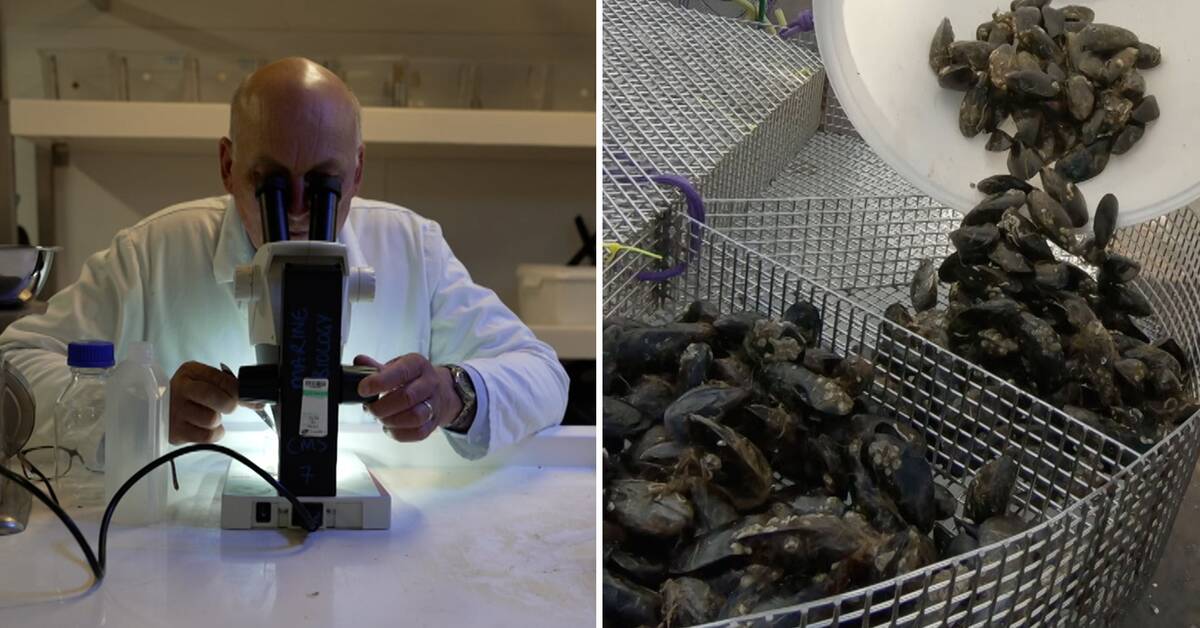Researchers at the marine biology laboratory in Plymouth, UK, are world leaders in their mapping of the widespread microplastics. They have discovered that the particles are everywhere – in human blood, in the snow on Mount Everest, in the air among the clouds and in the oceans stored among living animals.
Microplastics in lungs and brain
In addition to human blood, microplastics have also been found in people's lungs and in the placenta of newly delivered women. Scientists also recently discovered that microplastics cross the brain barrier in mice. Thus, it can probably also be stored in the brain.
In animals, microplastics lead to lower weight and poorer fertility. The concern now is that the substance may cause damage to human cells with unknown consequences. In total, researchers estimate that we humans ingest microplastics equivalent to one credit card a week.
Mussels can be a solution
Richard Thompson, professor of marine biology, says that we need to start taking greater responsibility for the use of plastics in society.
"It will be almost impossible to clear the environment of the micrometre of small pieces found in the sand, in the seawater, inside birds and fish. It is a colossal problem, but I absolutely believe that it is an environmental problem that we can solve.
In addition to mapping microplastics, researchers are also developing nature-based solutions to reduce microplastics in the oceans. Such a system is so-called mussel banks.
Listen to the researchers in Plymouth talk about how the mussel banks work and how microplastics can be broken down in the clip above.

